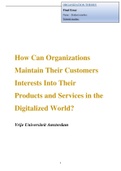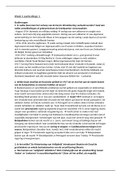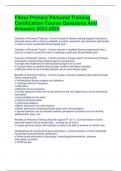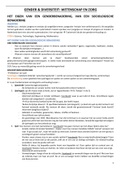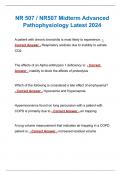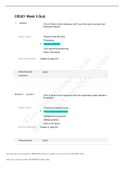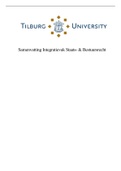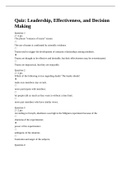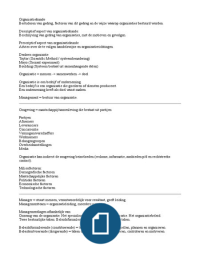Samenvatting
Summary Difficulties with writing your final essay? Buy this 7.5 OT Final Essay to inspire you!!
Warning: This essay is not to copy paste, as the VU checks every essay for plagiarism. But still it can be really helpful if you have no idea of how you should structure your essay, write it, give the references (enz.). I've got a 7.5 for it so don't doubt anymore and buy it!!
[Meer zien]
